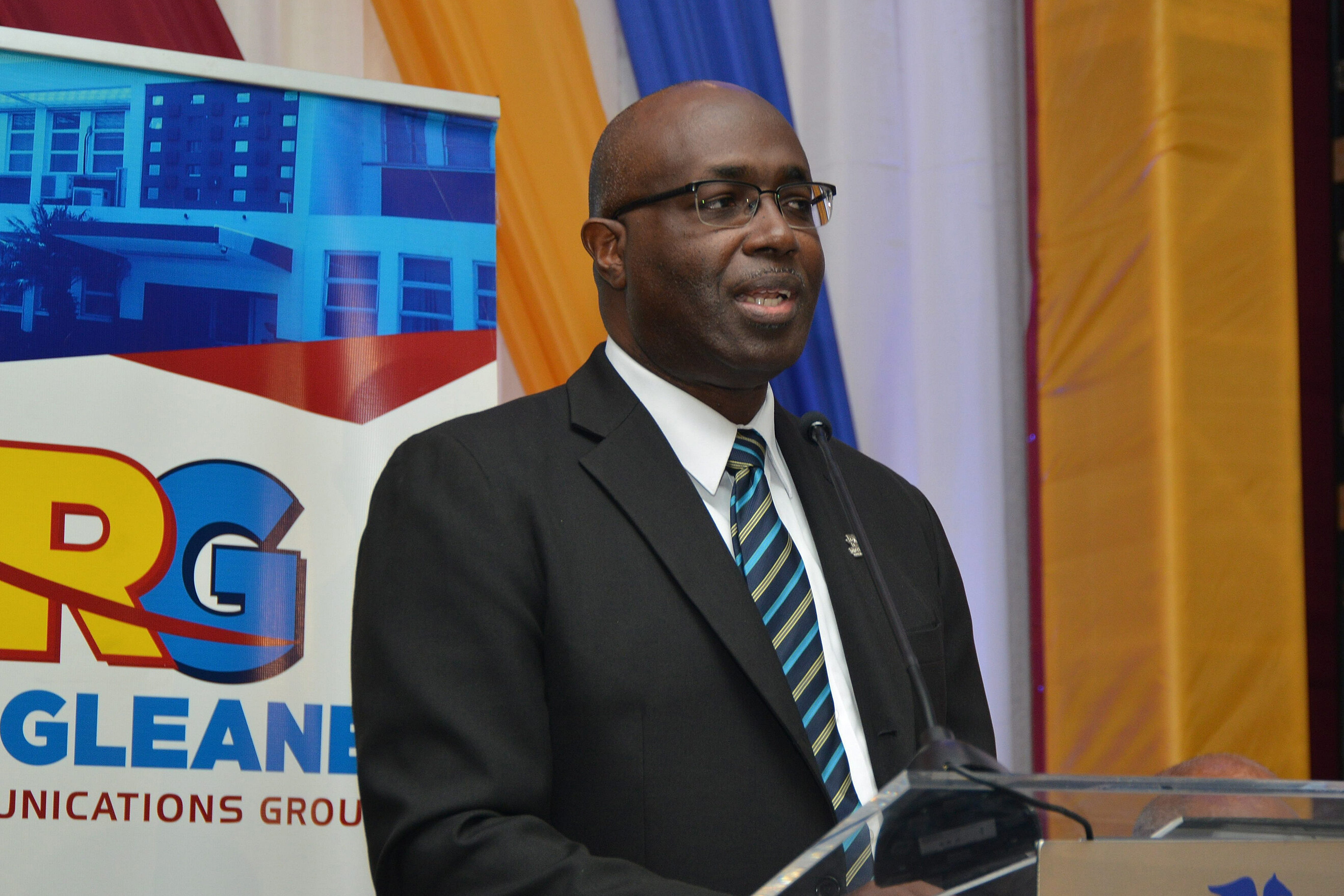Caribbean media urges support in face of tech giants
27 May 2025
A Caribbean media leader has called for a united approach to regulate social media and technology companies in the region, saying they’re threatening Caribbean art and culture.

In April, leaders from the Caribbean Community (CARICOM)—an intergovernmental grouping spanning 21 Caribbean countries—expressed their concerns about the impact of big tech in the region.
In a letter to Caribbean prime ministers in April, the chairman of Jamaica-based RJRGLEANER Communications Group, Joseph M. Matalon, welcomed the leaders’ concern over what he called the companies’ inequitable impact. The response follows previous attempts by the company to call for action.
“We sought to underline the fact that they are doing so without fair compensation for the content they are aggregating from our media institutions, many of them government-owned broadcast entities,” Matalon wrote.
The letters highlighted concerns that social media algorithms and artificial intelligence were siphoning content, produced at the expense of Caribbean companies, onto their platforms with no compensation.
That had led advertisers to migrate to those platforms, also at the expense of local companies.
“We may very well be contributing more content/information per capita to the content and engagement than any other region,” Matalon wrote. “In fact, the hyperscalers’ compensation model is unilaterally imposed.”
This had flow-on effects to the “size and quality of regional newsrooms and content”, which also undermined tax revenues and liability for defamatory of libellous content, he said.
“The net loss of revenue now threatens the very survival of newsrooms around the Caribbean,” Matalon wrote.
The struggles identified by RJRGLEANER echo concerns from around the world, but Matalon emphasised that the challenge for Caribbean communities is particularly acute.
More on Big Tech and the Media
Explore our coverage of big tech’s impact on the media industry.
Google threatens to cut out NZ media, while job losses mount
29th October 2024
One year on from Meta’s Canadian news ban
14th August 2024
Governments including Australia, Canada, and those within the European Union have imposed regulations or struck deals where tech companies like Meta or Google contribute funding towards media organisations.
But these are countries and blocs with far larger economies and bargaining power than many Caribbean countries, and even they have struggled to go toe-to-toe with tech companies. In Canada, a G7 country, Meta reacted to regulation by blocking all news content from its platforms.
Matalon, in his letter to Caribbean prime ministers and CARICOM leaders, said they needed to act with greater urgency, proposing a regional approach.
“An initiative at the level of CARICOM would at once be more resource-efficient and provide a better prospect of success than any single state acting alone given the greater political leverage we might wield as a bloc,” he wrote.
“We are faced with a clear and present danger that must be faced and acted upon with urgency if the region is to avoid being marginalised on the fringes of the global economy.”
Related Posts
7th March 2024
Australia & NZ confront big tech as media crisis grows
Both Australia and New Zealand are…
22nd July 2022
Report: Making Big Tech Pay for the News They Use
New research assesses how policy makers…
21st February 2022
The Existential Threat posed by Big Tech Platforms to Caribbean Journalism and Democracy
"This paper is not alarmist. It is not…





